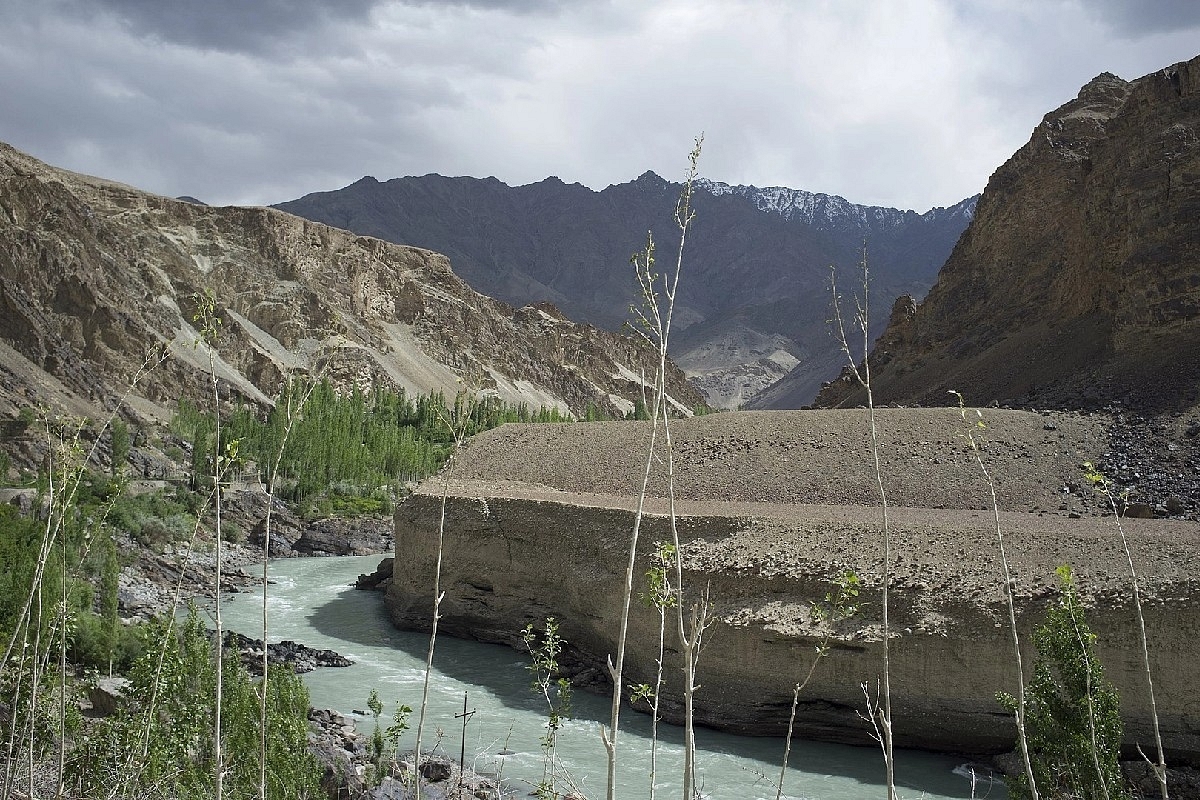World
India Examining Pakistan's Response To Its Notice On Modification Of Over 60-Year-Old Indus Waters Treaty

Indus River (Pic Via Wikipedia)
India has received Pakistan's response to its notice sent over two months ago, seeking review and modification of the 62-year-old Indus Waters Treaty (IWT) for management of cross-border rivers.
Arindam Bagchi, spokesperson of the Ministry of External Affairs, on Thursday (6 April) stated that Pakistan's Foreign Ministry forwarded the letter written by Pakistani Indus Water Treaty Commission chairman to his Indian counterpart.
"We had given one modification notice over Indus Water Treaty to Pakistan, under article 12, which was on 25 January. Recently on 3 April, Pakistan Foreign Ministry forwarded us one letter from their Commissioner for Indus Water treaty to our Commissioner for Indus Water treaty," Bagchi said in a media briefing.
“We are examining the letter. We will consult with our stakeholders,” he added.
Earlier on 25 January, India issued a notice to Pakistan seeking a review and modification of the IWT following Pakistan's "instrasigence" in handling disputes.
According to Pakistani media, the country has expressed readiness to address New Delhi's concerns about the treaty.
India notified Pakistan of its intention to modify the treaty, after the World Bank's appointment of a neutral expert and a chair of Court of Arbitration to oversee a resolution to conflicts over the development of hydroelectric projects at Kishenganga and Ratle.
Pakistan’s foreign ministry confirmed on Wednesday that it has responded to India’s letter on the Indus Waters Treaty.
“Pakistan remains committed to the implementation of the treaty in good faith and to ensure its water security,” a Pakistani Foreign Ministry spokesperson told reporters, reports Times Now.
India had expressed dissatisfaction towards the appointment of the Court of Arbitration and considered it a violation of the graded mechanism prescribed in the pact.
The start of the two concurrent processes to resolve the dispute raised concern about the possibility of contradictory judgments.
India has not cooperated with the Court of Arbitration. Under the treaty, disputes needs to be resolved under a three-stage approach.
The World Bank began two concurrent dispute redressal processes for the Kishenganga and Ratle hydroelectric projects upon the insistence of Pakistan. India viewed this as a violation of the agreement
Support Swarajya's 50 Ground Reports Project & Sponsor A Story
Every general election Swarajya does a 50 ground reports project.
Aimed only at serious readers and those who appreciate the nuances of political undercurrents, the project provides a sense of India's electoral landscape. As you know, these reports are produced after considerable investment of travel, time and effort on the ground.
This time too we've kicked off the project in style and have covered over 30 constituencies already. If you're someone who appreciates such work and have enjoyed our coverage please consider sponsoring a ground report for just Rs 2999 to Rs 19,999 - it goes a long way in helping us produce more quality reportage.
You can also back this project by becoming a subscriber for as little as Rs 999 - so do click on this links and choose a plan that suits you and back us.
Click below to contribute.
Latest